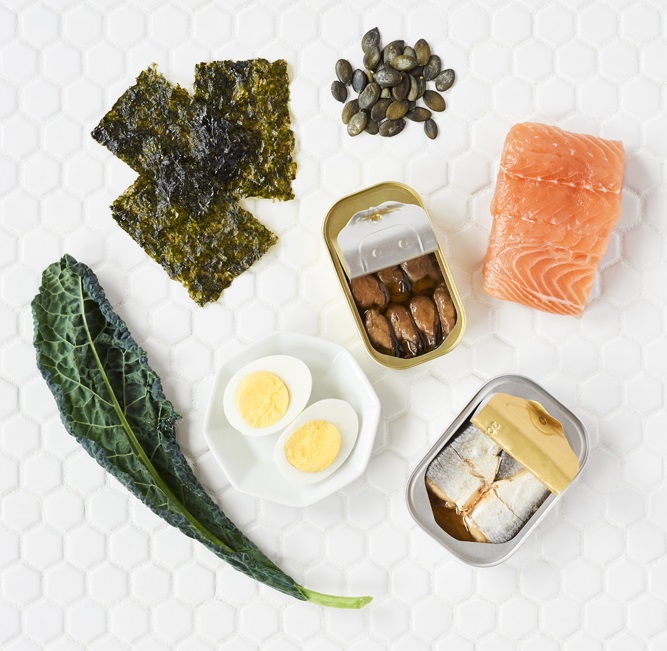July 3rd, 2018
BBQ and You: Safe Grilling for You and Your Family
Get your BBQ ON! There is nothing like a good summer barbecue- it’s fast, delicious, fairly easy to prepare with less dishes! You get to enjoy the gorgeous summer weather while you dine! However, you may have heard recently about links between grilled/charred foods and cancer risk. It’s a scary thought for any parent preparing their family’s dinner, especially multi-generational BBQ’s with babies and elders together.
How can you coach the BBQ-master in your household to make some tweaks to ensure your food is safe but still tons of grilling fun? Read-on to reduce risk and feel good about what you’re giving your family this BBQ season.
Does BBQ cause cancer?
Nothing like a scary headline to take the fun out of one of your favourite summer meals! The truth is, there is a lot of ambiguity to this concept. We can’t definitively say that eating grilled meat causes cancer, but there is a link with increasing risk of cancer. Here’s what happens: when meat is cooked in certain ways (high temperature methods such as grilling or frying) two different compounds can form in the food that are “mutagenic”. This means that they can alter DNA which can increase the risk of cancer. These compounds form in 2 ways. Heterocyclic Amines (HCAs) form from changes to the protein at high temperatures. Polycystic Aromatic Hydrocarbons (PAHs) form when fat drips onto flame and creates smoke containing PAHs that then stay on the meat.
The connection with cancer and these substances is hard to show because there are SO many other factors in our lives that can increase that risk. But studies have shown that people that eat more well-done, fried or grilled meats, more often, do have an associated increased risk of cancer. We aren’t giving up BBQ anytime soon though, so we can definitely practice some safer techniques that reduce the formation of HCAs and PAHs.
Top Five Better BBQ Techniques
These are some easy tips that greatly reduce the formation of HCAs and PAHs so you can enjoy a worry-free meal.
- Avoid prolonged cooking times over flame or on hot metal. Overcooked meat is the worst! While you definitely want your food to be properly cooked, you can cut down on the grilling time by pre-cooking your meat in the oven and finishing it off on the BBQ.
- Stay active at the grill. Flipping your food more consistently reduces HCA formation compared with just leaving it on the grill to cook. Get your flip-on frequently!
- Marinate your meat! This improves flavour and texture as well. Marinate meat, poultry and fish for at least 30 minutes to reduce the formation of HCAs. It doesn’t have to be too complicated- some quality oil, citrus, and spices (oregano, rosemary and turmeric are potent protectors) will do the trick. Check out our grilled kebab recipes for some marinade ideas!
- Go vegetarian. An easy way to avoid meat-based compounds, don’t eat meat. You can still get your grill on with tofu, tempeh, veggies and even fruit (if you haven’t tried grilled pineapple or peaches before, you need to). Less HCAs and PAHs are formed when cooking these, plus they have tons of their own health benefits as well!
- Choose leaner cuts of meat. Less fat means less PAHs formed by smoke. Try to choose meat, poultry and fish that has less fat or trim as much off as possible before grilling. Additionally, remove charred bits before consuming to avoid consuming more of these compounds.

